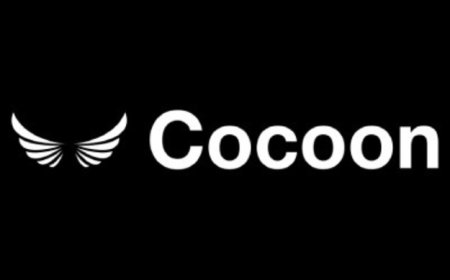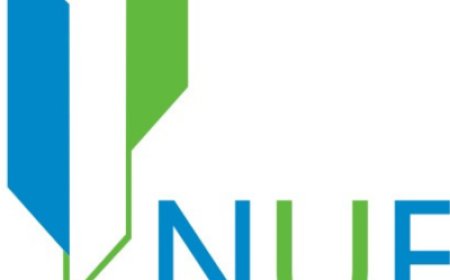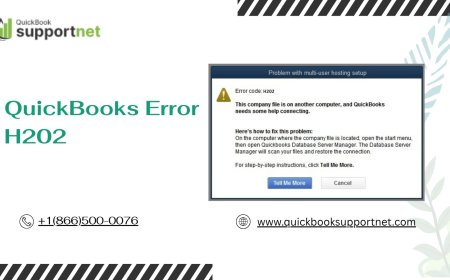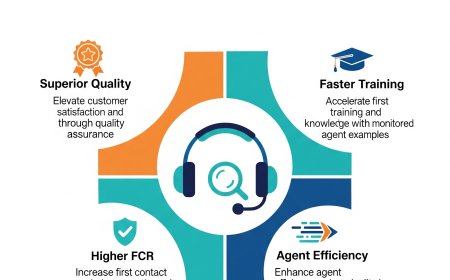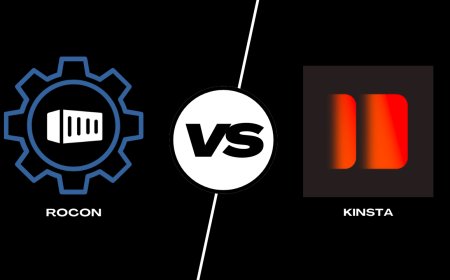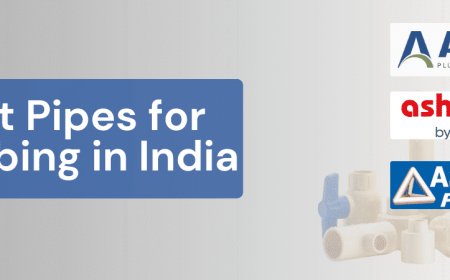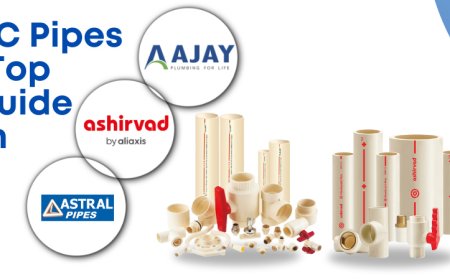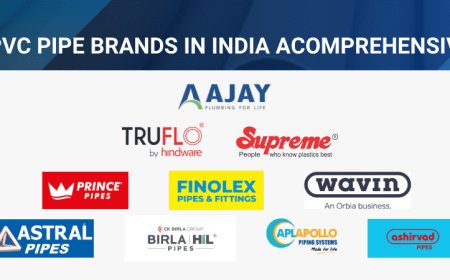Why Non‑Branded Keywords Are Getting Buried and How You Can Still Rank
Non‑branded keywords are falling behind—but you can boost visibility. Learn why it happens and proven tactics to reclaim top rankings.

Non-Branded Keywords: Buried? Rise and Still Rank! Has yourorganic search visibilitybeen diminishing despite persistent efforts? Are those crucialnon-branded keywordsthat once drove traffic now feeling like forgotten relics in the vast digital expanse? By 2025, a mere 35% of clicks go to generic, short-tail searches, a stark decline from prior years. The search landscape has undergone a seismic shift, and the erstwhile supremacy of broadnon-branded termsis, for many, a paradigm of the past. Companies failing to adapt are witnessing theirorganic trafficerode, replaced by entities that genuinely grasp contemporary search engine algorithms. Its not that these foundational keywords are entirely defunct; rather, the method of securing rank for them has transformed into a more nuanced and demanding undertaking.
The Shifting Sands of Non-Branded Search
The internet of 2025 is an ecosystem of unparalleled sophistication. Search engines are no longer mere indexing machines; they are powerful interpreters of human intent and context. This evolution profoundly impacts how we pursuenon-branded organic ranking.
The Ascent of Entity-Based Search
Google's long-term aspiration has always been to answer queries, not just match keywords. Modern algorithms, including advanced iterations of BERT and MUM, demonstrate a near-human level ofcomprehension. They understand entitiespeople, places, things, conceptsand their relationships. When a user types "best espresso machine for beginners," Google doesn't just scan for "espresso machine." It connects "espresso machine" (entity) with "best" (qualifier), "beginners" (user intent), and myriad other entities and concepts (e.g., "manual vs. automatic," "budget-friendly," "ease of use"). My observation from managing diverse client portfolios is that content addressing these deeper connections is now significantly favored over basic keyword matching. This signifies a profound move away from keyword stuffing toward genuine subject matterefficacy.
Brand Preference and User Intent Nuance
Theres a clear and escalatingpropensityfor search engines to favor established, authoritative brands, especially for queries concerning purchases, health, or finance. This is due to a relentless pursuit of trustworthiness. If you're a relatively unknown entity vying for broadnon-branded keywordslike "electrician services" or "accounting software," youre confronting deeply entrenched competitors that possess inherent brand equity. However, this apparent disadvantage also highlights a strategic opening: the increasingnuanceof user intent. Generic searches are giving way to highly specific, long-tail queries. A user searching for "electrician services" might refine their query to "24-hour emergency electrician Brooklyn Heights" or "certified commercial electrician for retail build-out." It is in this specificity, this deeper dive into latent intent, where opportunities for smaller or emerging businesses often reside.
Mastering Modern Non-Branded Organic Ranking
For your business to achieve sustainedorganic visibilityfornon-branded keywords, a multi-facetedstratagemis indispensable. This is about cultivating a digital presence that search engines inherently trust and value.
Comprehensive Content Efficacy: More Than Just Keywords
The days of thin content are definitively over. To rank fornon-branded termsin 2025, content must be exhaustive, authoritative, and truly helpful. I regularly advise clients to conceptualizepillar pagessupported bytopic clusters. A pillar page on "how to choose a garden tiller" might branch into clusters addressing "types of tillers," "tiller maintenance," and "tilling techniques for different soil types." This approach signals to search engines that your site possesses a comprehensiveunderstandingof the subject, extending far beyond a singular keyword. Such robust content should not just address a direct query but anticipate subsequent questions and adjacent topics a user might explore. This commitment to delivering unassailable value cultivates user trust and elevatesorganic ranking potential.
View more about SEO Agency Miami.
Long-Tail Keyword Stratagem and Semantic Search
The future ofnon-branded SEOrests heavily on a sophisticated approach tolong-tail keywordsandsemantic search. Instead of chasing generic terms where competition is prohibitive, focus on conversational queries that reveal explicit user needs. Think about "how to install a smart thermostat without C wire" instead of just "smart thermostat." These phrases, while having lower individual search volumes, accumulate significantly and convert at a much higher rate because they capture specific intent. Tools like advanced keyword research suites and even sophisticated predictive text algorithms can aid in uncovering these conversational gems.Semantic searchmeans understanding the meaning and context behind words. Your content should naturally incorporate related concepts, synonyms, and variations of yourcore keywords, demonstrating a holistic grasp of the topic.
Authoritativeness, Trust, and Experience (E-E-A-T) for Undercutting Brands
Googles emphasis on Experience, Expertise, Authoritativeness, and Trust (E-E-A-T) is moreubiquitousthan ever. For businesses seeking to rank alongside or even surmountvenerated brandsin non-branded spaces, demonstrating E-E-A-T is paramount. This isnt simply about garnering backlinks. It means showcasing your expertise through detailed author bios, clear methodologies, user testimonials, and verifiable credentials. As one expert remarked during a recent industry conference, "To thrive in 2025's search, your content must breathe credibility, not just repeat facts." Publishing research, citing credible sources, and facilitating direct interaction with your expert personnel are powerful signals that elevate your stature in the eyes of both users and search engines, thereby enhancing yourorganic rankingpotential.
The Power of Schema Markup and Structured Data
To help search enginescomprehendyour content's meaning with greater precision, especially for complex or niche topics,schema markupis non-negotiable. This structured data, often invisible to users, provides context to search engines, clarifying what your content is about. For example, marking up recipes with schema for ingredients, cooking time, and reviews can make them eligible for rich snippets in search results, increasingclick-through ratesfornon-branded queries. For product pages, service offerings, or informational articles, correct schema implementation can provide a crucial competitive advantage in the quest fororganic visibility.
Fostering a Robust Digital Ecosystem
Your website should not be a collection of isolated articles but a seamlessly interconnected network of information. Stronginternal linkingnot only aids user navigation but also distributes authority across your site, signaling to search engines the relationship and importance of various content pieces. Beyond internal efforts, actively participating in your industry through thought leadership, reputable guest contributions (where content is genuinely valuable), and building relationships can lead to legitimate, high-qualityexternal mentions and links. These aren't just about link equity; they establish your domain as an authoritative source in its niche, directly supporting your ability to rank fornon-branded keywords.
Avoiding Common Pitfalls in Non-Branded SEO
While pursuingorganic visibility, certain missteps can severely impede your progress, especially when aiming for those competitivenon-branded terms.
The Peril of Superficial Content Creation
A grave mistake is assuming quantity over quality. Creating dozens of thin articles simply targeting variations ofnon-branded keywordsis a fruitless exercise. These lack the depth, authority, and comprehensive answers modern algorithms demand. Such content is often classified as 'low-value' or 'auto-generated,' actively suppressing its rank. Its far better to create one exceptionally thorough, meticulously researched, and user-centric piece of content than ten superficial ones.
Neglecting User Experience (UX) Metrics
Search engines are becoming increasingly adept at discerning user satisfaction signals. If users quickly bounce from your site after landing from anon-branded search, or if your page loads slowly, it indicates poor UX. This sends negative signals to search engines about theefficacyof your content. Page speed, mobile responsiveness, intuitive navigation, and readability are critical factors in maintaining user engagement and positively impactingorganic ranking.
Ignoring Algorithm Flux
The search world is in constant flux. Algorithms evolve, new ranking factors gain prominence, and user behaviors shift. Resting on past laurels and assuming a fixed SEO approach will ensure yournon-branded keyword rankingstagnates. Perpetual learning, diligent monitoring of search engine updates, and a willingness to adapt yourSEO strategyare essential for sustainedorganic visibility.
Tools and Analytics for Perpetual Growth
Staying ahead requires insights. Levering the right tools can illuminate the path to sustainedorganic rankingfornon-branded keywords.
Advanced Keyword Research Suites
Platforms like Ahrefs, Semrush, or Moz are no longer just for identifying keywords; they are indispensable forcompetitive analysis, identifying content gaps, and unearthinglong-tail conversational queries. Their ability to analyze SERP features, trending topics, and competitor backlink profiles provides an invaluable advantage in sculpting a robustnon-branded SEO strategy.
Content Auditing Platforms
Tools specializing in content audits (e.g., Screaming Frog SEO Spider, site content analysis features in Semrush) help evaluate theefficacyof existing content. They assist in identifying articles needing updates, consolidation, or complete overhaul to meet current E-E-A-T and comprehensiveness standards. This ensures your valuable historical content continues to contribute toorganic visibility.
AI-Powered Insights
Used judiciously, AI can be a formidable ally. AI can assist in identifying intent behind search queries, suggesting related topics, and even drafting content outlines that ensure comprehensiveness. However, caution is paramount. Relying solely on AI to generate content without human refinement or oversight will produce predictable and often hollow output that fails to capture the true depth required fororganic rankingofnon-branded keywordsin 2025. It serves as an augmentation, not a replacement for human creativity and genuine expertise.
A Practical Guide: Elevating Your Non-Branded Organic Footprint
For those looking to strategicallyimprove non-branded search performance, a clear, actionable methodology is essential.
Step-by-Step Content Evolution
Here's a pragmatic guide to cultivating a powerfulnon-branded organic strategy:
- In-depth Audience and Intent Analysis:Begin by deeply understanding your target audience's questions, pain points, and how they phrase their searches. This extends beyond simple keywords to psychological intent.
- Topic Clustering and Pillar Page Development:Map out core themes (pillar pages) and supporting, more specific sub-topics (topic clusters). This structured approach demonstrates subject mastery to search engines.
- Content Creation FOCUSED on Comprehensive Answers and E-E-A-T:Generate content that provides the absolute best, most thorough answer to user queries, backed by genuine expertise and verifiable information. Authenticity and authoritativeness are key.
- Strategic Internal and External Linking:Weave a robust internal link structure that guides users and search engines through your content. Strategically pursue high-quality, relevant external mentions that reinforce your domains authority.
- Structured Data Markup:Implement appropriate schema markup (e.g., FAQ schema, HowTo schema, Product schema) to provide search engines with explicit context about your content.
- Continuous Monitoring and Refinement:SEOis not a one-time setup. Regularly review your keyword performance, user engagement metrics, and algorithm updates. Adapt and refine your strategy based on these insights.
Consider this table comparing hownon-branded SEOhas transformed:
| Aspect | Former Approach | Contemporary Strategy |
|---|---|---|
| Keyword Focus | Exact Match, Short-tail | Long-tail, Semantic, Conversational |
| Content Goal | Rank for Keyword | Satisfy User Intent, Be Definitive |
| Authority Signal | Backlinks | E-E-A-T, Comprehensive Content |
| Content Volume | Quantity over Quality | Quality and Depth |
Key Takeaways
-Non-branded keywordsare not extinct, but the strategies to rank for them demand significant evolution. - Focus on acomprehensive understandingof user intent and the provision of authoritative, in-depth content. - E-E-A-T,long-tail semantic queries, and structured data are the bedrock of 2025'snon-branded SEO. - Avoid superficial content and consistently monitor for algorithm changes and user behavior shifts.
Frequently Asked Questions
Understanding Today's Non-Branded Keyword Challenge?
Today's search engines prioritize understanding deep user intent and comprehensive topics rather than simple keyword matching, making direct broad non-branded keyword ranking more challenging.
Why Do My Legacy Non-Branded Keyword Rankings Decline?
Algorithms now favor content demonstrating extensive expertise, authoritativeness, and trustworthiness, shifting away from older, less contextualized ranking methods.
What Changes Are Crucial to Your Non-Branded SEO Plan?
Emphasize creating incredibly comprehensive content, leveraging long-tail semantic keywords, and visibly showcasing your unique subject matter expertise (E-E-A-T).
Can You Really Outrank Big Brands Using Non-Branded Search?
Yes, by focusing intensely on niche, specific long-tail queries and providing unmatched authoritative content that thoroughly addresses specific user needs and concerns.
Future Outlook: Non-Branded Keyword Relevance for Companies?
Non-branded keywords remain fundamentally important; however, securing ranking for them requires sophisticated content strategies and continuous adaptation to algorithm evolution.
Recommendations
The era where simplenon-branded keyword stuffingyielded significant results is unequivocally over. The modern imperative for sustainedorganic visibilityfornon-branded keywordshinges on a sophisticated blend of technological prowess, deep user empathy, and a steadfast commitment to delivering unassailable value. Thedichotomybetween what worked then and what works now is stark. Future success lies in recognizing search engines as complex knowledge aggregators and positioning your digital assets as the definitive, trustworthy sources they seek. Are you prepared to transform yournon-branded SEO strategyfor the realities of 2025? Its time to move beyond rudimentary keyword targeting and embrace a holistic, entity-focused approach. Evaluate your existing content, bolster your E-E-A-T signals, and start building topic clusters that establish your authority. Commit to becoming the ultimate resource in your niche. Yourorganic visibilityfornon-branded keywordsdepends on it. Begin your content evolution today and secure your enduring place in the search results.











